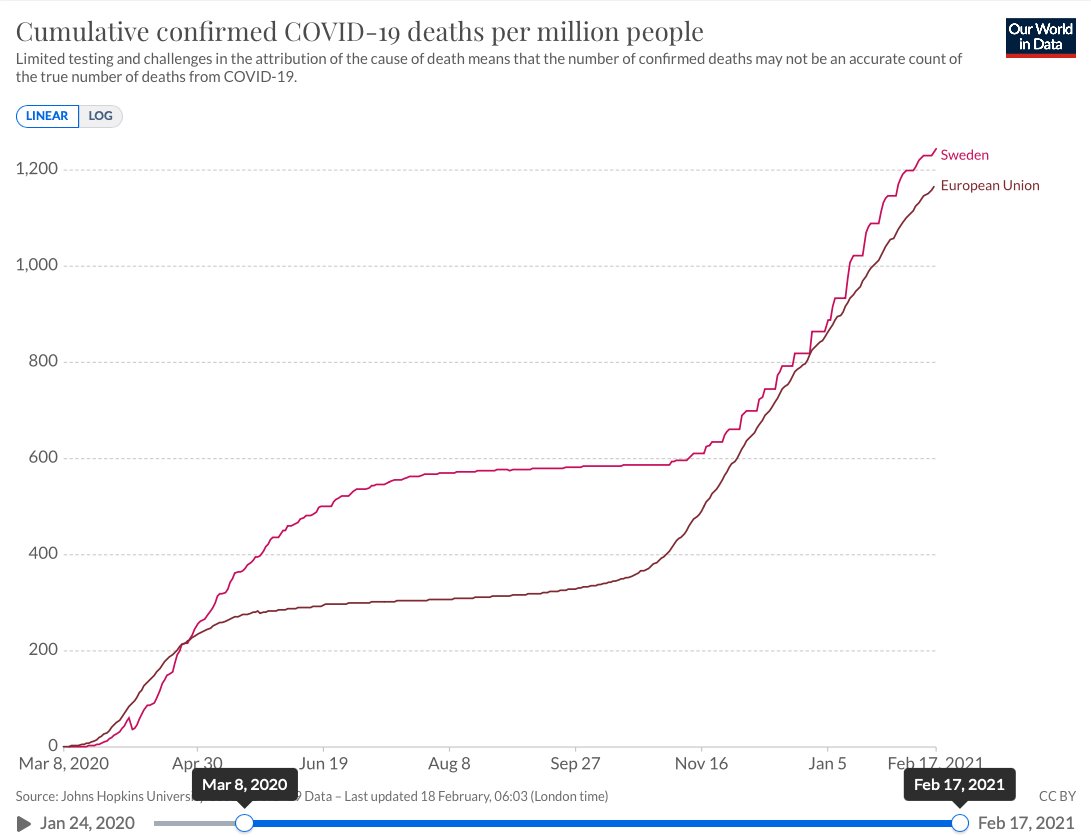
One point that the pandemic has brought home to me is just how narrow people's expertise is. I'm regularly surprised by how a celebrated professor of X can exhibit a sub-college-level understanding of Y, even when X and Y are related. /1
Ask a professor of (say) virology about the properties of viruses and I assume you'll get a dependable answer; but ask about human behavior, public policy, causal inference, the law – or God forbid, ethics – the answer can go whichever which way. /2
Call me naive, but in the microenvironment where I work – in the intersection of science and the humanities – people take a certain amount of pride in being well read, even outside of their official domain of expertise. /3
As Warren Buffett has emphasized, having a narrow circle of competence is not necessarily a problem. The problem appears when people don't know where the boundary is, and operate with the same confidence inside and outside of it. /4
fs.blog/2013/12/circle…
fs.blog/2013/12/circle…
By all means, let's continue to rely on the judgments of experts operating within their circle of competence. But let's not assume that they have any particular expertise – or even knowledge – about stuff outside of it. /5
It might help to stop calling people "experts" tout court, and always append the area they're an expert in. That would make it a little easier to assess their location relative to the circle of competence. /6
We should probably be attentive to halo effects, in which our positive view of somebody's competence in one area bleeds over into other kinds of positive judgments. /7
Finally: whenever we're dealing with complex, multi-faceted problems that don't belong to any one discipline, we might want to pay particular attention to people who've attained journeyman status in more than one relevant discipline. /8
• • •
Missing some Tweet in this thread? You can try to
force a refresh











